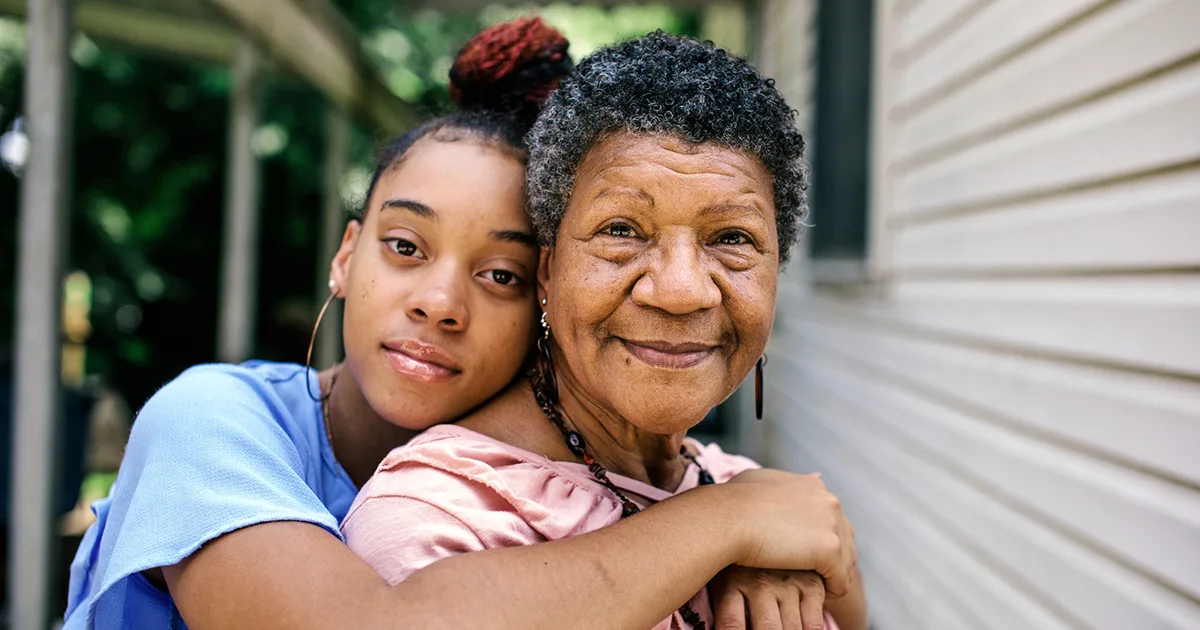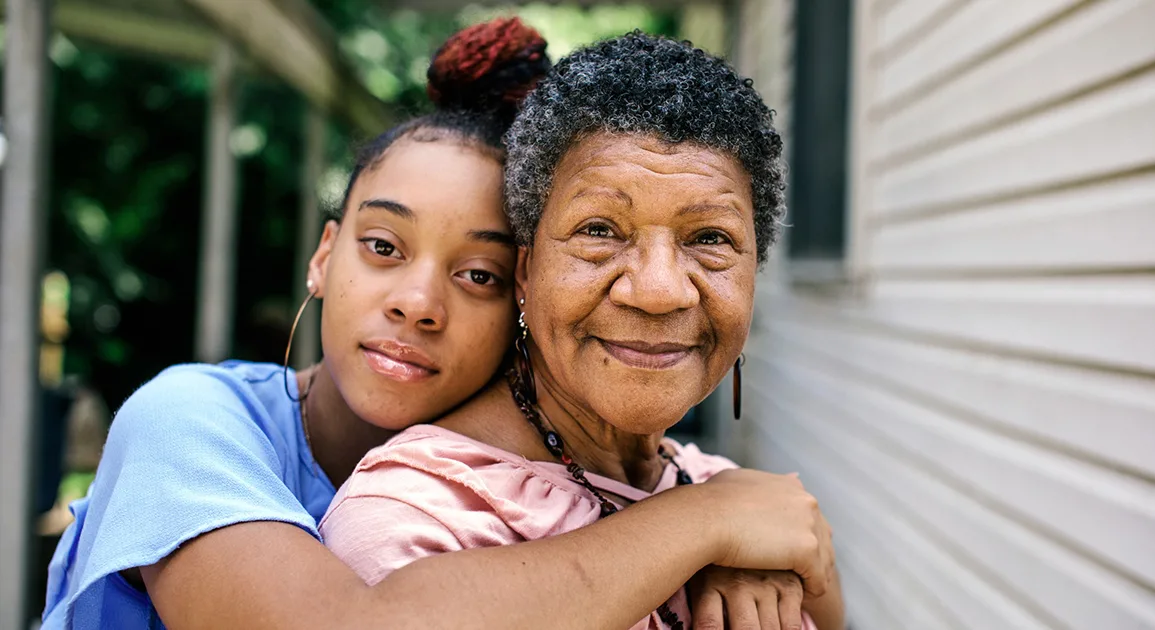
In any given election season, the question of what Black voters want and how they’ll vote garners much media and political attention. Over the last fifteen years, both major political parties have touted their work on criminal justice reform as a way to demonstrate their commitment to one of the most pressing policy issues facing Black communities. Criminal justice reforms passed in red, blue and purple states as well as our federal justice system have made incredible progress towards the work of ending mass incarceration and had a disproportionately positive impact on Black communities. For example, since the peak of our incarceration crisis in 2009, reforms to our criminal justice system have decreased the prison population by 24%, the jail population by 16% and nearly halved the Black imprisonment rate.
However recently, in the wake of blatant attempts to scare voters and roll back important bipartisan policy victories, some politicians and opponents of criminal justice reform have seized on real increases in poverty, a 2020 jump in gun violence and genuine questions about how to build strong, safe communities to falsely pit criminal justice reform and public safety against one another. These efforts distorted the debate on crime in order to call a false referendum on the efficacy and popularity of criminal justice reform. By falsely pitting public safety and justice reform against one another, these dynamics threaten to obfuscate the urgent need to reduce our jail and prison populations, the sustained and widespread popularity of criminal justice reform and the marked positive impact of the last 15 years of incarceration reduction – most of which happened alongside significant, simultaneous reductions in crime and violence.
As many politicians and pundits claim to opine or act on behalf of or in service to Black communities, too frequently the conversation about Black voters’ opinions and priorities veers far from the research on Black voters’ actual views. While they are not a monolith, the data on Black voters’ sustained consensus on justice, safety and incarceration remains convincing: they want more criminal justice reform and they are more motivated to vote for candidates willing to deliver that. This perspective is especially significant given that Black communities have more and better information about policy solutions having been at the forefront of recent reforms that have secured more safety and justice together.
This clear understanding that calling for less incarceration is complementary rather than conflicting with a prioritization of public safety is not surprising given that the structural inequality embedded in our society causes Black communities to bear a disproportionate share of the harms of both incarceration and of crime as well as of the successes of reform. Black voters historically have been more concerned about crime and safety in their neighborhoods than white voters, with good reason. In 2024, Black people are 12 times more likely to die by gun homicide than white people, and more than 70% of Black adults or someone they know or care about has experienced gun violence. Black women are 3 times more likely to be murdered by an intimate partner than white women and Black transgender women face higher levels of homicide than transgender women of any other race. Despite being historically victimized at higher rates than other Americans, Black people are the much less likely to receive the government support they need to heal and recover from crime. In fact, a 2023 investigation by the AP found that in some states, Black victims were nearly twice as likely as white applicants to be denied victim compensation, leading the Department of Justice to recently propose major changes to rules governing state compensation programs in order to address disparities.
At the same time, Black people have also long been the most harmed by incarceration and the extreme racial disparities that exist at every point in the criminal justice system and become even more acute at the deepest ends of the criminal justice system. Black people make up less than 14% of the population but more than 27% of the people who are arrested, 30% of the people on community supervision, and over 32% of the people in prison. As a result, Black people are incarcerated in state prisons at more than five times the rate of white people and are 50% more likely to have an immediate family member who has spent time in jail or prison.
While there is much work to do to end mass incarceration in Black communities, there has been tangible and significant progress made in the last two decades: the Black imprisonment rate has declined by nearly 50% since the country’s peak imprisonment rate in 2008. Though the rate of imprisonment for Black women is still more than 1.5 times the rate of white women, Black women have experienced a 70% decline in their rate of imprisonment in the past two decades. And between 1999 and 2019, the Black male incarceration rate dropped by 44 percent. For Black men, the lifetime risk of incarceration declined by nearly half in this time period—from 1 in 3 Black men imprisoned in their lifetime to 1 in 5. While still unacceptably high, this reduction in incarceration rates means that Black men are now more likely to graduate college than go to prison, a flip from a decade ago. This change will help disrupt the cycle of incarceration and poverty for generations to come.
While there are many false narratives right now about the public safety priorities of Black voters, the results of the recent polling conducted by BSG shows that Black people are the most likely to want major reforms to the criminal justice system and to support policies to reduce incarceration. As a result, Black voters roundly reject a return to the failed policies that contribute to community violence and led to mass incarceration in the first place.
Black voters want more safety and more justice and expect their elected officials and candidates to continue supporting bold criminal justice reforms.


